One month after the Russian invasion of Ukraine, New Delhi has established a unique diplomatic position, carefully balancing between Russia and the West, led by the US.
Diplomats from at least six countries have acknowledged this stance and offered a cautious assessment of its implications. Since the conflict began on February 24, India has engaged in extensive diplomatic efforts, with at least 26 phone calls made or received by Prime Minister Modi and External Affairs Minister S Jaishankar.
Modi has held three meetings with world leaders, including those from the Quad, while Jaishankar has met with at least six counterparts visiting New Delhi. The upcoming weeks will see a flurry of diplomatic activity, with leaders and officials from Israel, UK, Nepal, Germany, European Union, and other eastern European countries scheduled to visit.
In addition to these engagements, there are plans for visits by Chinese Foreign Minister Wang Yi, Russian Foreign Minister Sergey Lavrov, British Foreign Secretary Liz Truss, and Israeli PM Naftali Bennett. Despite maintaining a position of equidistance from both sides, New Delhi has made it clear that it is not aligned with Russia.
India has abstained from at least six resolutions at the UNSC, UNGA, and the Human Rights Council, emphasizing its commitment to the UN charter, international law, and territorial integrity. This stance serves as a subtle reminder of Russian actions in Ukraine and Chinese actions in the India-China border and the Indo-Pacific region.
While assuring the West that it does not echo the Russian narrative, India has also conveyed the need to address Moscow’s concerns. By abstaining from a Russian-sponsored resolution at the UNSC and sending its Foreign Secretary to represent, India signaled its distancing from Russia.
In its interactions with the US, India has emphasized the importance of maintaining flexibility in its foreign policy approach. Washington has acknowledged India’s position and the complexities of its historical ties with Moscow and dependence on defense supplies. There is a recognition within the US administration of India’s evolving stance on Russia, even if not explicitly stated in public statements.
Looking ahead, New Delhi aims to preserve its diplomatic leverage with both Russia and the West. India’s potential as an intermediary in resolving conflicts has been recognized by Western diplomats, who see India as a valuable player in addressing the crisis.
Russia, on the other hand, appreciates India’s balanced stance and hopes to leverage its friendship to achieve its objectives in Ukraine. Amidst efforts to influence Delhi’s position, India remains cautious about committing to any specific course of action.
Recognizing the diplomatic opportunities presented by China’s outreach, India is navigating its relations with both Beijing and Moscow. By maintaining distinct positions on the Russian-Ukrainian conflict, India is seeking to engage constructively with both its neighbors.
As the diplomatic landscape continues to evolve, India’s approach underscores its commitment to principled diplomacy and strategic autonomy. By carefully calibrating its stance on global conflicts, India aims to safeguard its national interests and contribute to regional stability.

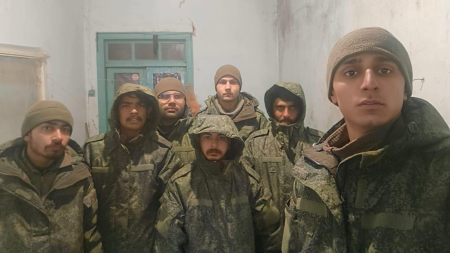
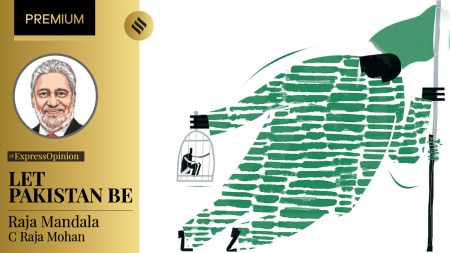
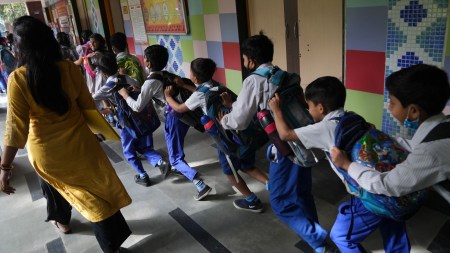

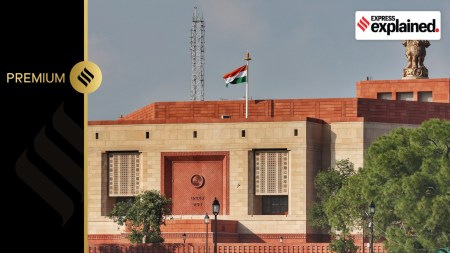

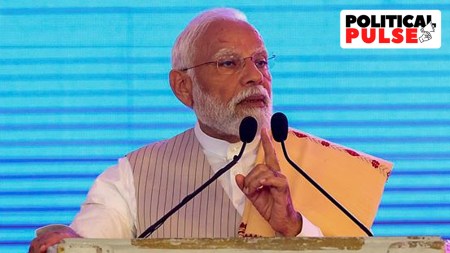
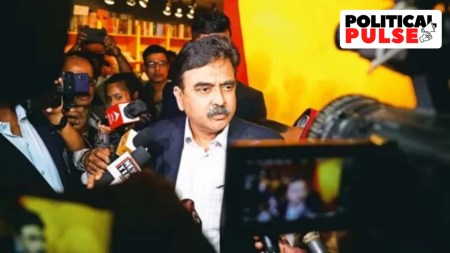
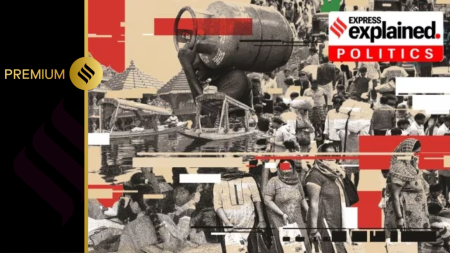
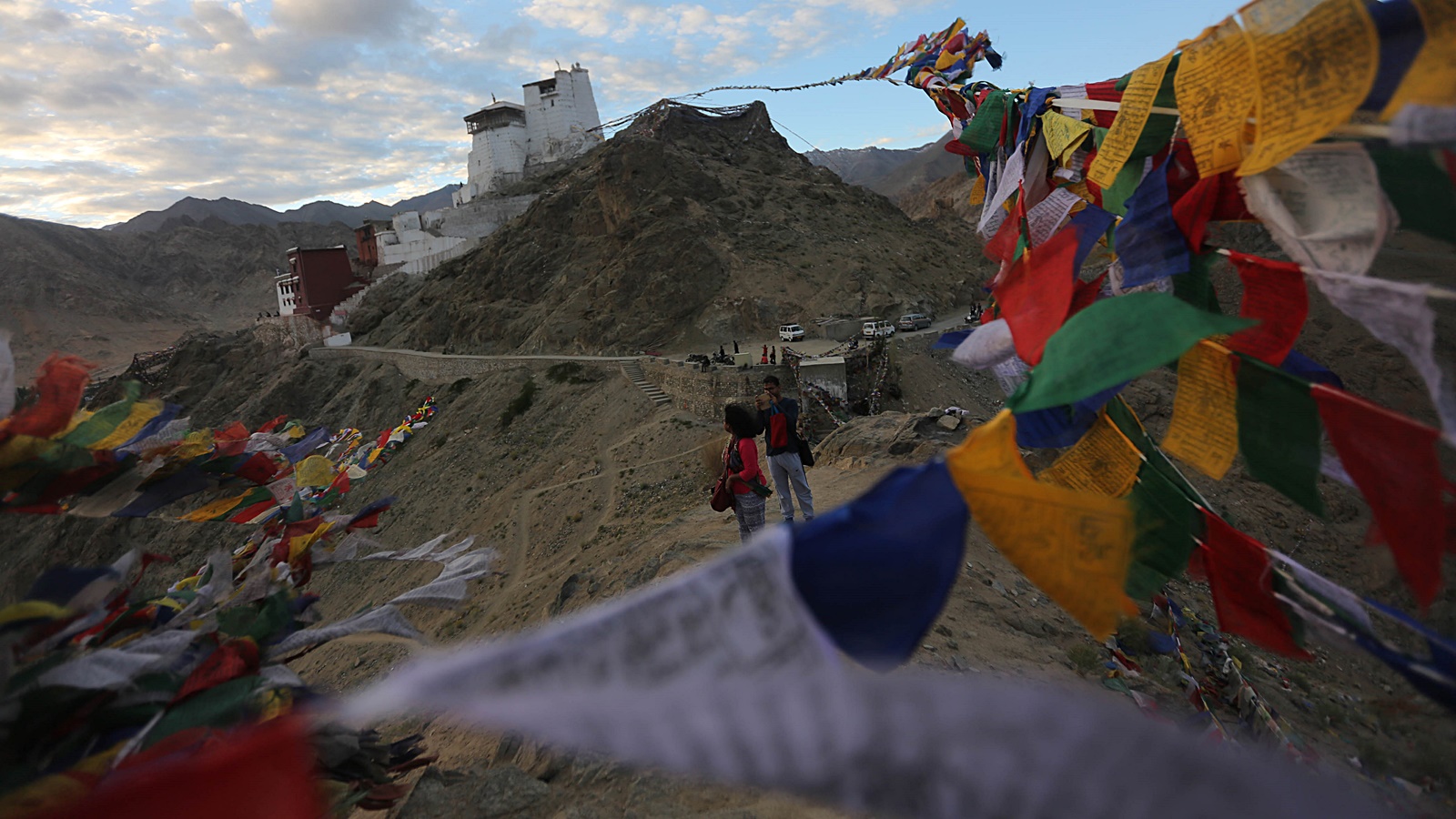


+ There are no comments
Add yours